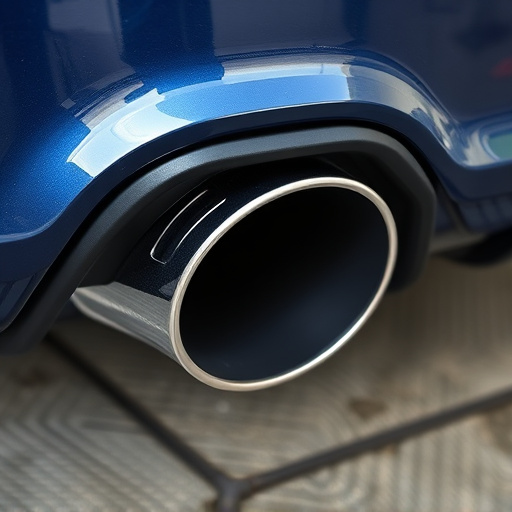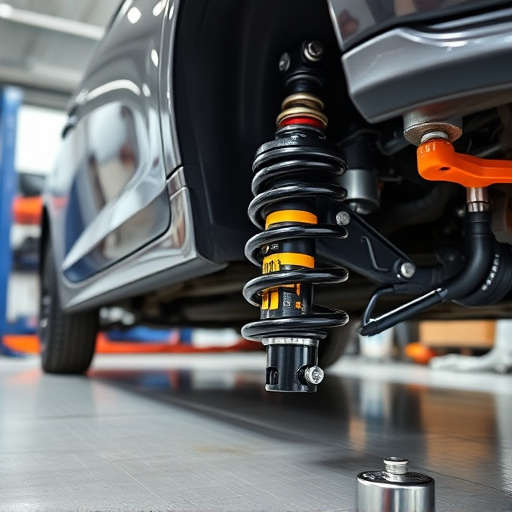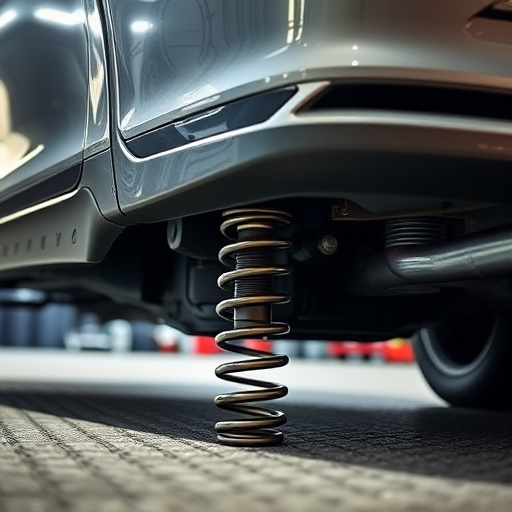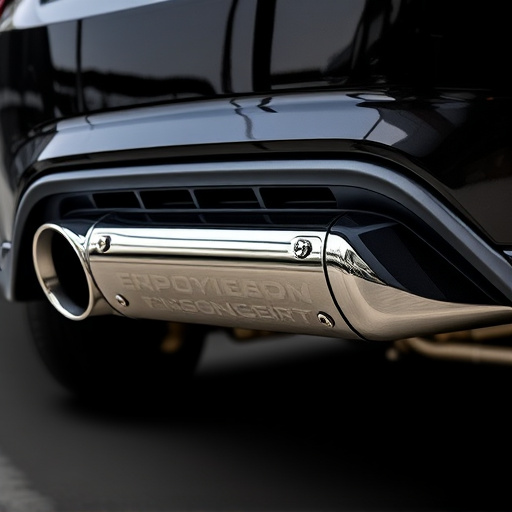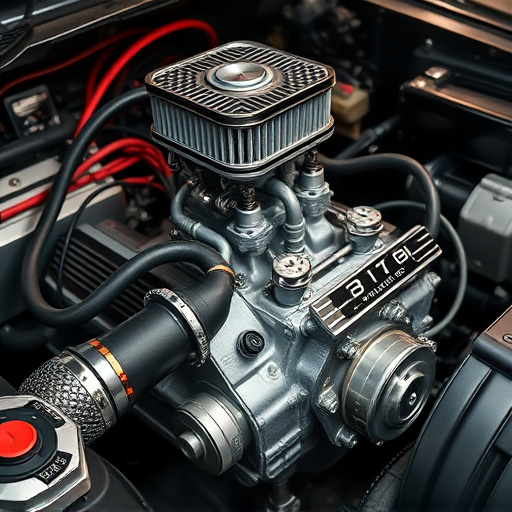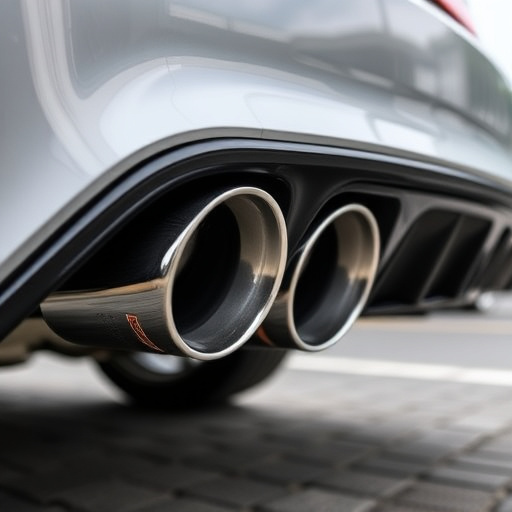Oiled air filters enhance airflow and particulate removal in various applications by immersing media in oil to capture fine particles like dust, pollen, and microscopic debris. They are commonly used in high-performance automotive systems for optimal engine performance, reduced internal component friction, and consistent operation. Oiled filters offer improved filtration efficiency, cleaner air intake, reliable airflow, and enhanced engine performance through deep filtration and minimal restrictions.
“Discover the transformative power of oiled air filters and how they are redefining indoor air quality. This article explores the innovative technology behind these advanced filters, delving into the science of oil as a filtration enhancer. We’ll unpack the benefits of oiled air filters, from enhanced airflow to superior dust and allergen capture. By the end, you’ll understand why these filters are becoming a game-changer in maintaining clean and healthy environments.”
- Understanding Oiled Air Filters: A Basic Overview
- How Oil Enhances Filtration Efficiency in Air Filters
- Benefits of Oiled Air Filters for Improved Airflow
Understanding Oiled Air Filters: A Basic Overview

Oiled air filters are a specialized type of filtration system designed to enhance both airflow and particulate removal in various applications. Unlike traditional dry filters that rely solely on fibrous media, oiled air filters employ a unique coating or immersion in oil to capture contaminants. This simple yet effective technique offers several advantages. The oil acts as a viscous barrier, capturing smaller particles that might pass through dry filters. This is particularly beneficial for removing fine dust, pollen, and even some microscopic debris.
In many cases, oiled air filters are used in high-performance automotive systems like cold air intakes or exhaust components, such as brake rotors, to ensure optimal engine performance. The oil helps prevent the buildup of grime that can restrict airflow, which is crucial for maintaining efficient power delivery. Additionally, the oil’s lubricating properties reduce friction and wear on internal components, enhancing the overall durability of these systems, especially when paired with a cat-back exhaust system.
How Oil Enhances Filtration Efficiency in Air Filters
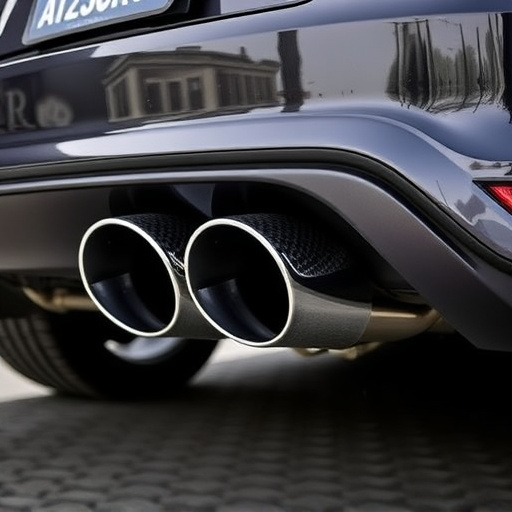
Oil plays a surprising yet crucial role in enhancing the efficiency of air filters, especially in systems like cold air intakes where optimal airflow is paramount. When incorporated into air filters, oil acts as a sophisticated barrier against fine particles, including dust, dirt, and debris that can obstruct airflow. The oil molecules create a sticky surface, trapping these tiny invaders as they try to pass through the filter media. This simple yet effective mechanism significantly improves filtration efficiency, ensuring cleaner air enters the engine or the system in question.
Beyond its role in capturing microscopic particles, oil also acts as a lubricant within the filter itself, reducing friction between moving parts, such as in the case of brake components. This lubrication property helps maintain the structural integrity of the filter over time, preventing premature wear and ensuring consistent airflow performance, similar to how well-lubricated brake pads extend the life of a vehicle’s braking system.
Benefits of Oiled Air Filters for Improved Airflow
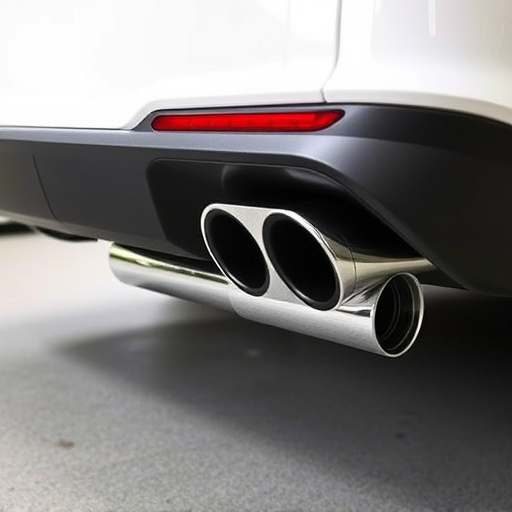
Oiled air filters offer a range of benefits for improving airflow and overall filtration efficiency. Unlike traditional dry filters, the introduction of oil creates a unique and advantageous environment for particulate matter to adhere to. This simple yet effective method allows for deeper penetration of dust, dirt, and other contaminants, ensuring that even the tiniest particles are captured. The result is cleaner, fresher air entering your vehicle’s engine, which can lead to improved performance over time.
Moreover, oiled filters contribute to enhanced airflow by minimizing restrictions in the intake system. The oil acts as a lubricating agent, smoothing out any rough edges or irregularities within the filter media and surrounding components. This lubrication facilitates smoother air flow, reducing turbulence and backpressure, which are detrimental to engine performance. Additionally, many enthusiasts pair these filters with high-performance suspension kits, coilover installations, and improved braking systems, further emphasizing the role of efficient airflow for optimal vehicle dynamics.
Oiled air filters offer a significant advantage in both airflow and filtration, making them an excellent choice for various industrial and residential applications. By immersing the filter media in oil, these filters not only capture smaller particles but also prevent them from clogging quickly, ensuring consistent and optimal airflow. This simple yet innovative technique enhances the overall efficiency of air filtration systems, contributing to healthier environments and more efficient operations. Incorporating oiled air filters is a smart step towards improved indoor air quality and can be a game-changer for many industries seeking top-tier performance.








